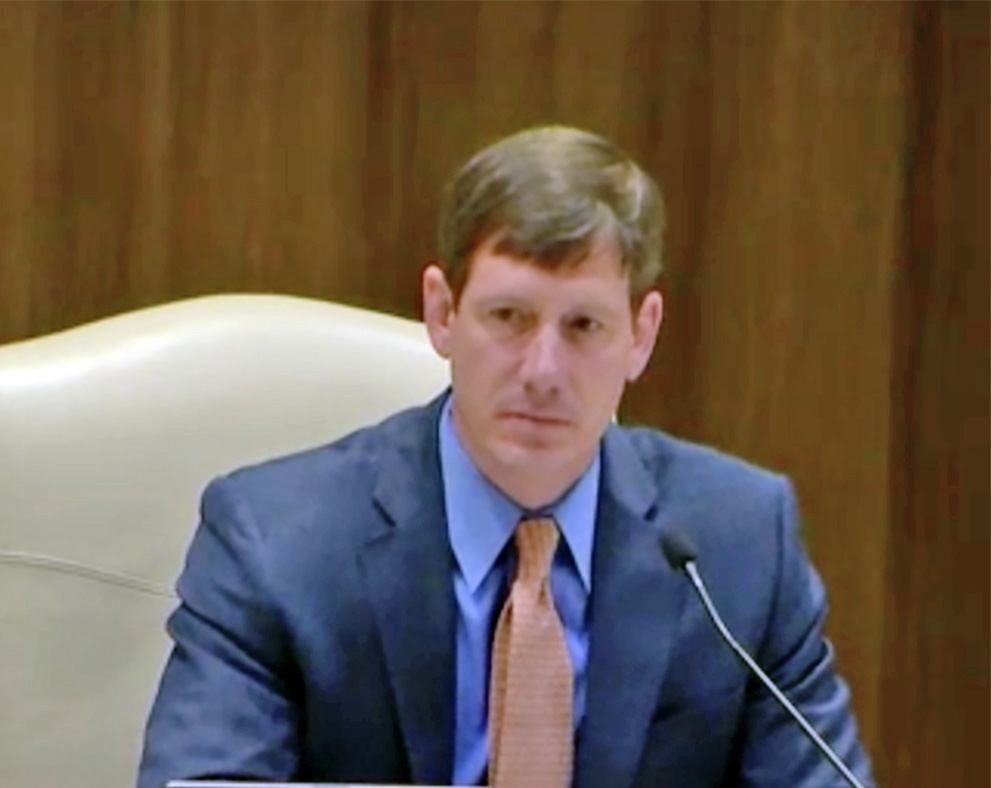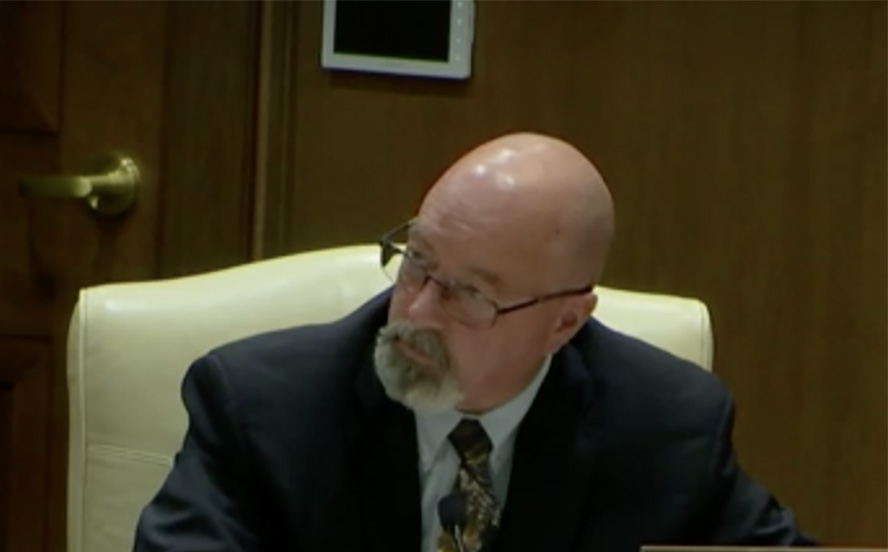“Why are we making education partisan?” State Representative Larry Miller (D-Memphis) asked in a state House debate on Friday.
Though overshadowed by the action of the current special session to establish central state authority over medical authority in home-rule counties, the General Assembly’s simultaneous action to enable partisan school boards extends the ever worsening political divide into a previously sacrosanct area — that of the search for, and distribution of, knowledge.
Miller’s question remains the essential — even the existential — one, even after subsequent House passage of the partisan election bill and with certain Senate passage pending later Friday.
The basic answer to Miller’s question was given by House bill sponsor Scott Cepicky (R-Culleoka) as “transparency.”
A fuller explanation of the motive for the legislation had been provided earlier in the Senate Education Committee by Senator Mike Bell (R-Riceville), who had wanted to make partisan school board elections mandatory everywhere in Tennessee.
Said Bell: “I don’t care whether it’s the teaching of critical race theory, the mandating of mask, or vaccines, or even as we saw, what happened in one county in Virginia, where basically a school board wanted to hide the fact that a criminal activity had taken place in a school, I think it’s extremely important to the citizens of our state. While it may not be a perfect measure, the citizens of our state know that being a member of one party or another at least gives them a good idea of the political philosophy of the person running for that office.”
That was too much even for Bell’s fellow Republican, Rep. Joey Hensley (R-Hohenwald), who successfully offered an amendment to make partisan school board elections permissive, but not mandatory.
“Now for the other county offices, those can be partisan or they cannot be partisan,” offered Hensley. “So that’s up to the local parties in each county, whether they want to have a partisan election or not. So it would work work the same way as the other county offices.”
It was this amended version that passed the Senate Education Committee — with one vote, that of Senator Raumesh Akbari (D-Memphis) dissenting.
Though he promised not to oppose the amended version (Hensley’s) in open session, Bell would indicate his displeasure with the change of the bill’s scope from mandatory to permissive.
He said, “I thought it was better to make this mandatory across the state. I thought it was better that all the citizens of the state of Tennessee know that philosophy that hopefully is … in some respect a worldview of the of the people running. It’s not a perfect measure, what political party you belong to, but at least it’s some measure.”
The Senate Education Commitee session, incidentally, was presided over on Thursday by vice chair Jon Lundberg (R-Bristol), not by Sen. Brian Kelsey (R-Germantown), who resigned the chairmanship this week following his federal indictment on campaign finance charges. Kelsey participated briefly in debate, asking perfunctorily a question about the authority of county political parties to decide for or against partisan school-board primaries.

All votes taken on the measure in either chamber were along party lines, with Democrats opposing and Republicans, with few exceptions, endorsing the bill.
One Republican objector was State Rep. Patsy Hazlewood (R-Signal Mountain), who noted that making school board elections partisan would vastly increase their costs to taxpayer and candidates alike.
During House debate on the measure, State Rep. G.A. Hardaway (D-Memphis) asked sponsor Cepicky if any school board in the state had requested the measure. Cepicky could not answer in the affirmative.
The action taken by the General Assembly on partisan school board elections highlighted, as did its action on health care authority, a continuing and basic distinction between the current era of Republican legislative domination and the previous one, lasting for decades, of Democratic domination.
The Republican supermajority has chosen, over and over, to expand the authority over essential public matters of not just the state but of party per se.
